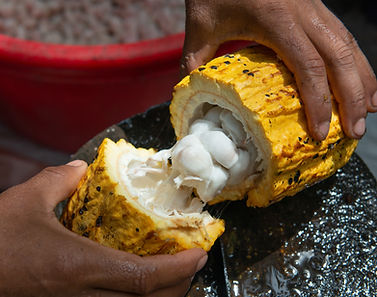
COMMODITIES TRADING
Commodities trading can be securities or derivatives. Securities include commodity-based ETFs and regulated commodity futures contracts. Derivatives involve contracts like futures or options traded on specialised exchanges or over-the-counter markets. Classification varies by jurisdiction and regulations.
COMMODITIES TRADING ATTRIBUTES
These characteristics collectively contribute to the distinct nature of commodities trading as a financial product, attracting traders and investors seeking exposure to the commodities markets for potential profit opportunities and portfolio diversification. Generally, the commodities market has the following key attributes:
-
Non-ownership: Traders do not own the underlying asset.
-
Shorter-term trading: Commonly involves shorter timeframes for buying and selling positions.
-
Supply and demand-driven pricing: Prices are primarily influenced by supply and demand dynamics.
-
Round-the-clock trading: Market operates continuously, except on weekends.
-
Potential for higher spreads: Bid-ask spreads can be relatively wider.
Key characteristics of commodities trading as a financial product:
COMMODITIES TRADING TYPES
It's important to note that these are broad categories, and within each type, there can be further subcategories or specific commodities traded based on their unique characteristics and market demand. Additionally, the availability of commodities for trading may vary depending on the financial market and exchange where the trading takes place.
TRAINING ON COMMODITIES TRADING
Please note that this training program can be further customised based on specific training objectives, time constraints, and the participants' level of prior knowledge and experience in commodities trading.
























